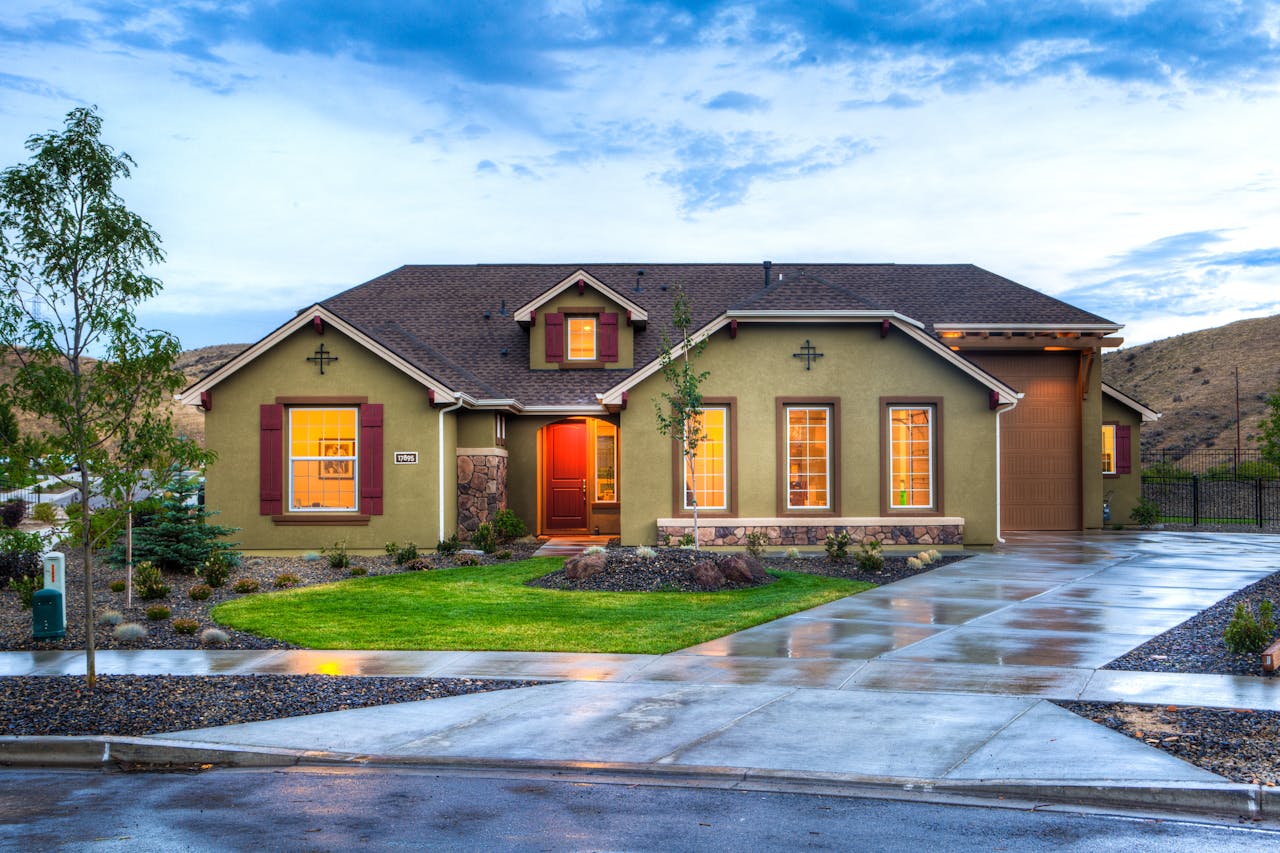
Homeowners often think of their property as a place where they call the shots. But what if your local government suddenly decided to dictate how you design your driveway? That’s exactly what’s happening in one state, where new rules mean you could actually be fined for your driveway layout. This change has caught many residents off guard and has sparked debates about property rights and local regulations. Understanding these new driveway laws is crucial, whether you’re a homeowner, a prospective buyer, or a real estate investor. Let’s break down what’s happening, why it matters, and what you can do if you live in or are moving to this state.
1. The State Taking a Stand: California’s New Driveway Laws
California is now enforcing stricter driveway regulations, and the changes are more sweeping than most people realize. The primary goal behind these new driveway laws is to address issues like stormwater runoff, neighborhood aesthetics, and pedestrian safety. But for homeowners, the headline is clear: your driveway layout could now land you with a fine if it doesn’t meet the updated standards.
Under the new rules, driveways that are too wide, paved with non-permeable material, or don’t provide enough green space risk violating local codes. In some cities, driveways that block sidewalks or encourage illegal parking are also being targeted. The state’s approach is to standardize how residential driveways look and function, but this has left many homeowners scrambling to understand what’s allowed and what isn’t.
2. What Exactly Do the New Driveway Laws Require?
The specific requirements vary depending on the city or county, but there are a few common themes. First, driveways must now adhere to strict width limits—often no wider than 20 feet for a two-car garage. Second, new construction or renovations must use permeable materials like pavers or gravel in many cases, rather than traditional concrete or asphalt. This is to help reduce water runoff and support local sustainability goals.
Another key rule: driveways can’t block public sidewalks, either permanently or temporarily. If your car overhangs onto the sidewalk because your driveway is too short or poorly designed, you could be ticketed. Some areas also require a certain percentage of the front yard to be landscaped, limiting the amount of space that can be paved for parking. All these requirements are part of the new driveway laws aimed at making neighborhoods safer and greener.
3. Why Are Homeowners Being Fined?
Enforcement of the new driveway laws is already underway in several California cities. Homeowners who don’t comply can face fines ranging from $100 to over $1,000, depending on the violation and whether it’s a repeat offense. These fines are usually issued after a warning, but in some cases, residents have received citations without prior notice.
The main reasons for fines include driveways that exceed width limits, the use of unapproved materials, or the blocking of sidewalks. Some homeowners have also been penalized for removing too much green space in favor of additional parking. Local governments argue that these measures protect public safety and the environment, but for many residents, the sudden enforcement feels like a costly surprise.
4. How to Make Sure Your Driveway Is Compliant
If you live in California or plan to buy property there, it’s essential to understand how the new driveway laws may affect you. The first step is to check with your city or county’s planning department for specific guidelines. Most municipalities have published details on their websites, or you can call for clarification.
When planning a new driveway or making changes to an existing one, work with a licensed contractor who’s familiar with the latest rules. They can help you choose compliant materials and layouts. Consider permeable pavers, which are now favored for their ability to let water seep through. Also, measure carefully to ensure your driveway doesn’t exceed width restrictions or encroach on public sidewalks.
5. The Impact on Property Values and Neighborhoods
The new driveway laws are already impacting the appearance and functionality of homes in many California neighborhoods. On the one hand, increased green space and improved stormwater management can boost curb appeal and even property values in the long run. On the other hand, the cost of retrofitting a non-compliant driveway can be significant, with some homeowners facing thousands of dollars in unexpected expenses.
Real estate agents are advising buyers to pay close attention to driveway layouts when shopping for a home in California. Non-compliant properties may face delays in closing or require costly fixes before a sale goes through.
What Homeowners Should Do Next
California’s new driveway laws are reshaping what it means to own a home in the state. Whether you agree with the reasoning or not, it’s clear that compliance is now a must for anyone with a driveway. Review your local rules, consult with professionals, and don’t ignore notices from the city. Staying informed will save you stress—and potentially a hefty fine.
Have you had to change your driveway layout or deal with fines in California? Share your experiences or questions in the comments below—we’d love to hear your perspective.
What to Read Next…
- 12 Surprising Items That Can’t Legally Be Dumped On Your Driveway
- 12 Things You Can’t Legally Do On Your Own Property Anymore
- 7 Life Hacks That Can Get You Fined In Some States
- 12 States Where You Can Be Fined For What You Wear In Public
- 8 Reasons You Could Be Fined For Caring For A Neighbor’s Child
The post The State Where You Can Now Be Fined for Your Driveway Layout appeared first on Clever Dude Personal Finance & Money.







